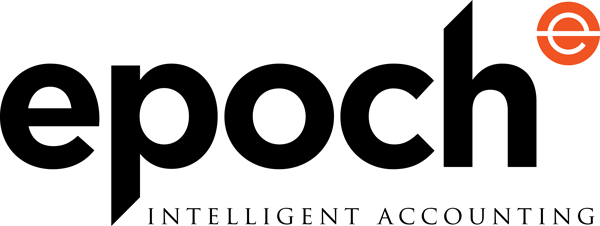The digital games and interactive entertainment sector is the most significant creative sector globally and one of the fastest-growing industries worldwide.
The global digital games industry is worth around $250 billion and, in Australia, grew 22% between 2020 and 2021, generating $226.5 million in income and employing over 1,300 full-time workers. And it’s an industry the Government wants to support with a new tax offset.
The Digital Games Tax Offset is equal to 30% of the company’s total qualifying Australian development expenditure incurred from 1 July 2022. Companies can claim up to $20 million per company (or group of companies) per year (to reach the cap, a company would need to spend around $66.7 million in eligible expenditure).
State-based tax incentives are also available in South Australia, Victoria and New South Wales, offering an additional 10%, and Queensland offering 15% on top of the federal support. Globally, a 40% tax offset is standard for this industry, bringing Australia back into a competitive position.
Who is eligible?
Companies that are Australian tax residents or foreign tax residents with a permanent establishment in Australia can qualify.
To access the offset, the company needs a certificate issued by the Arts Minister following the completion of a new digital game, the porting of a digital game to a new platform, or for ongoing development of one or more existing digital games during the income year. This certificate then determines the offset claimed in the tax return, with the Minister determining the amount of qualifying expenditure. More information will be available on the arts.gov.au website in early July 2023.
The company’s qualifying Australian development expenditure must be at least $500,000 (could be over multiple years).
What is development expenditure?
The way the rules work is that any expenditure that a company incurs concerning the development of the qualifying game is eligible expenditure…unless it is expressly excluded. A company develops a game by doing activities necessary to complete, port, update, improve or maintain an eligible game.
The legislation takes a further step by specifically including employee remuneration or independent contractors engaged by the company to carry out work on the game’s development (excluding bonuses linked to the company’s performance or the game). Prototyping is also explicitly included, as is underlying game technology.
Employees not developing the game, such as admin staff or overseas contractors, are excluded. As are corporate costs like business overheads, marketing, travel, entertainment etc.
What games are eligible?
A digital game that can receive a classification and is made available to the general public over the internet (i.e., games developed for in-house purposes don’t qualify). The game does not include gambling or gambling-like elements (loot boxes are likely to make a game ineligible if, for example, the virtual items can be sold for currency), nor is it used for advertising or commercial purposes.
ENDS

